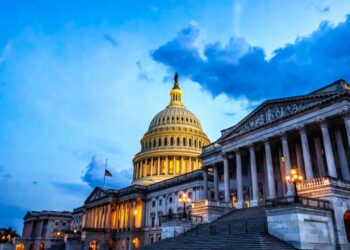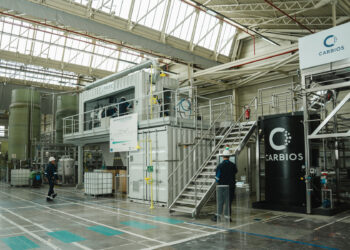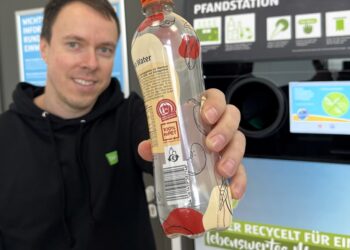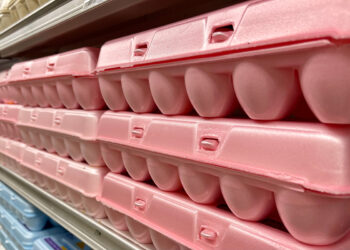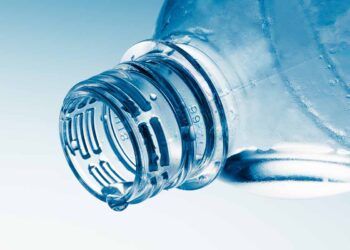Plastics Recycling Update
#PRC2026 Speaker Spotlight: Christine Yeager
Christine Yeager blends CPG leadership with advocacy, bringing energy to EPR and recycling debates. A former Coca-Cola sustainability director, she...
Federal PACK Act aims to preempt ‘patchwork’ of state laws
The Packaging and Claims Knowledge (PACK) Act is meant to avoid misleading labels that may confuse consumers and "undermine real...
#PRC2026 Speaker Spotlight: Joel Morales
From MIT to market analysis, Joel Morales has built a career spanning resin production, distribution and conversion, shaping his perspective...
Carbios delays French PET recycling plant to secure funds
The biotech company must structure about 10% of the remaining funding before construction can restart, and has pushed expected completion...
Austria’s DRS on track for 80% collection in first year
Austria was the 17th country in Europe to implement a deposit-return scheme for single-use beverage containers, and aims for a...
Grant funds EPS foam recycling in Nebraska
First Star Recycling in Omaha and the City of Lincoln each received $25,000 grants from the Foodservice Packaging Institute's Foam...
Alberta extends materials, time for ag plastics pilot
The Canadian province renewed funding for the program, which in 2026 will accept silage plastic and bale wrap in addition...
Alterra licenses tech for two new recycling sites
Ohio-based Alterra Energy has granted additional chemical recycling technology rights to Houston's Abundia Global Impact Group, augmenting a 2021 agreement...
Republicans propose US House bill on chemical recycling
The bill seeks to classify chemical recycling as a manufacturing process rather than as waste incineration, to help speed infrastructure...
Phoenix Technologies shuts Ohio RPET plant
The reclaimer, owned by Taiwanese polyester giant Far Eastern New Century, shuttered its Poe Road site in Bowling Green but...
More Posts
Work With Us
Newsletter
Get the latest recycling news and analysis delivered to your inbox every week. Stay ahead on industry trends, policy updates, and insights from programs, processors, and innovators.







